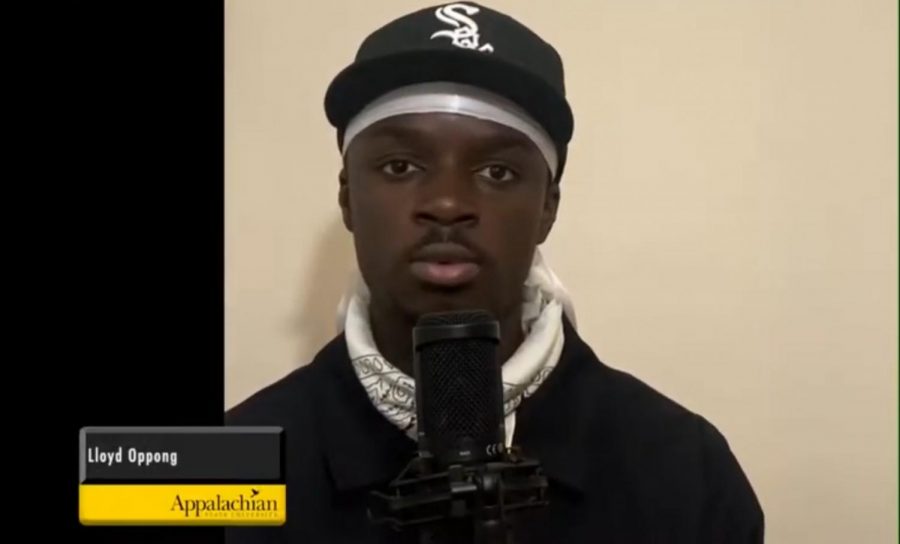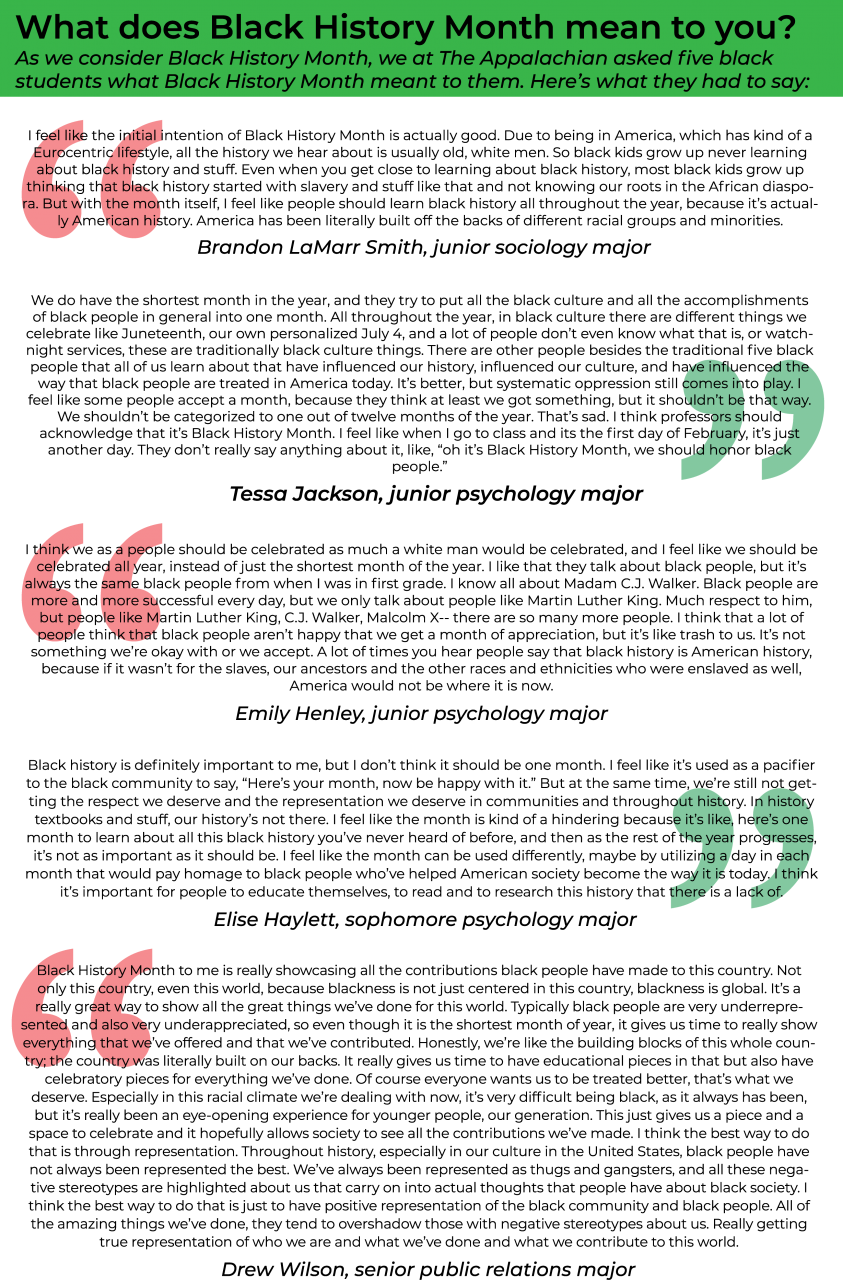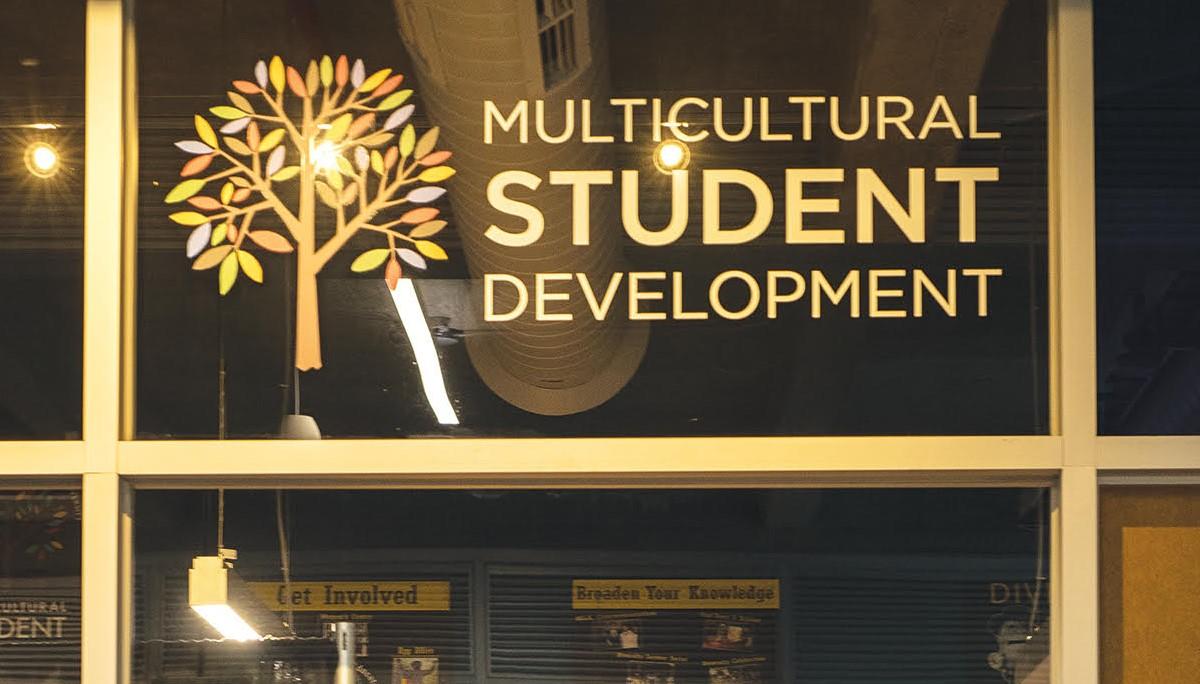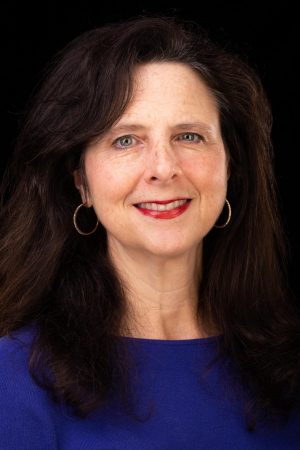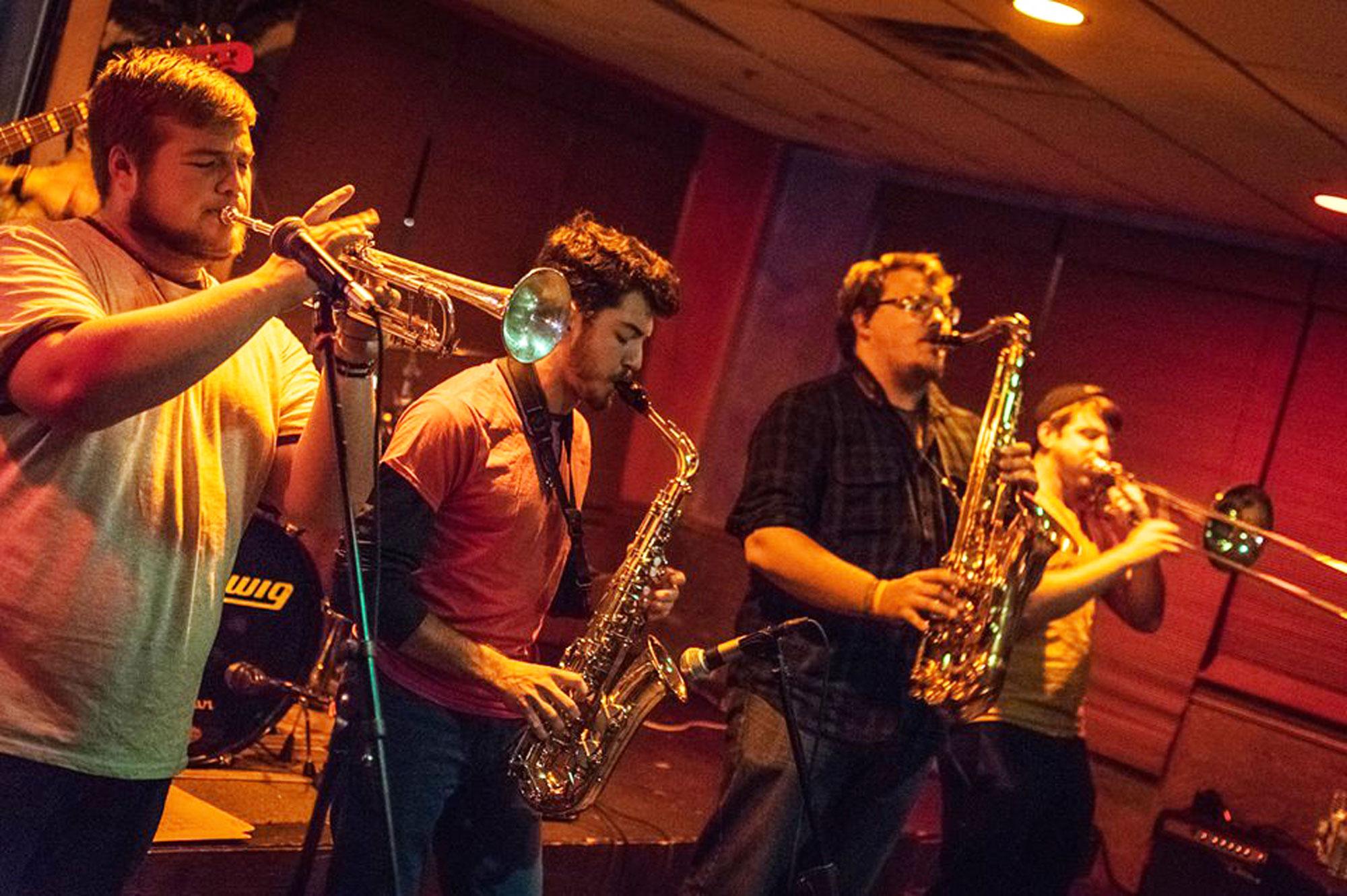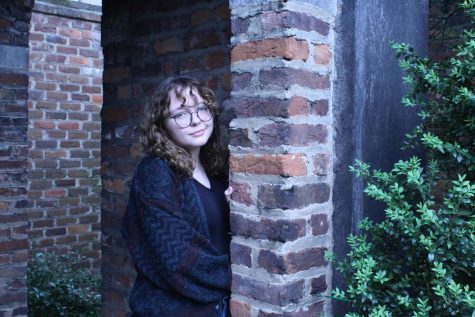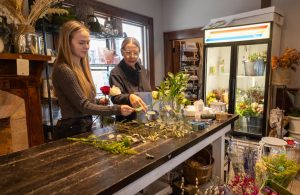Hayes School of Music celebrates Black History Month in virtual showcase
Courtesy of the Hayes School of Music
Lloyd Oppong reading his poem, “Hammurabi’s Code,” during the Hayes School of Music’s Black History Month celebration.
February 18, 2021
In honor of Black History Month, the Hayes School of Music and the English department are joining to hold three virtual concerts this month showcasing Black music and literature.
“We hope this will be the first of many opportunities for the Hayes School of Music to open the doors and showcase more artists and more composers from underrepresented populations,” said James Douthit, dean of the Hayes School of Music. “It’s time to do that. We hope to be leaders in that work.”
At each of these concerts, the music faculty will be performing an array of music from Black artists and composers. These composers include Scott Joplin, Mary Lou Williams and Billie Holiday.
The songs chosen represent Black artists from the late 19th century to today. The English department will have representatives reading poems from authors like Langston Hughes, Ted Joans and Rita Dove.
Douthit said the Hayes School of Music has been working towards creating a more inclusive community over the last few years. The school has been trying to be “responsive to cultural needs” by emphasizing inclusivity in their curriculum and professional practice.
While the concerts will include a lot of work from the Harlem Renaissance and the Black Arts Movement, the faculty involved want to include young, contemporary voices. This led them to include student voices within the program.
“We want to hear from their experiences,” said Leonardo Flores, chair of the Department of English. “We want to hear their creative work.”
Three App State students, Tiffany Green, Oprah Whitfield and Lloyd Oppong, will also be reading their own original poems at the concerts. There is space reserved in the last two concerts for more students to share their voices, and students who may want to share their work are encouraged to reach out to the English department.
Lloyd Oppong, a sophomore, heard about the opportunity from his English professor and said it was an opportunity he could not pass up. Oppong read his original poem “Hammurabi’s Code” at the first recital.
“I love to write,” Oppong said. “I’ve always been infatuated with words and how to twist them and turn them, and just make them make someone else feel something.”
This event gave Oppong a chance to express himself and share his work with others, he said. Oppong plans to continue expressing himself through his writing, and he hopes that others will tune in to the last two recitals.
“This is a learning experience for all of us,” said Melissa Lesbines, a pianist and instructor at the Hayes School of Music. “In preparing for the concert, I’ve learned of so many Black composers who moved things forward in a positive way, pushing through racial barriers and redefining music in the process.”
Lesbines, as well as many other faculty members in the department, have been tasked with finding a way to ensure the safety of everyone involved while maintaining a smooth performance. A virtual format with extensive safety protocols for the performers is an important part in keeping both the performers and the audience members safe during the pandemic, Lesbines said.
“We, of course, look forward to the future when we can all be together sharing the music live,” Lesbines said. “In the meantime, we still value our audience and are thrilled to come together as a community and share the artistic experience with them.”
The concerts will take place on the last three Sundays of the month at 4 p.m. The link to the concert live streams and details about each event are located on the Hayes School of Music’s website on the “Black History Month Concerts” page.
“A really important aspect of what we’re doing here is simply making space for Black voices, for Black composers, for the experiences of Black people,” Flores said. “It’s an act of respect, it’s an act of love, and it’s an act of coming together as a community to value this.”

